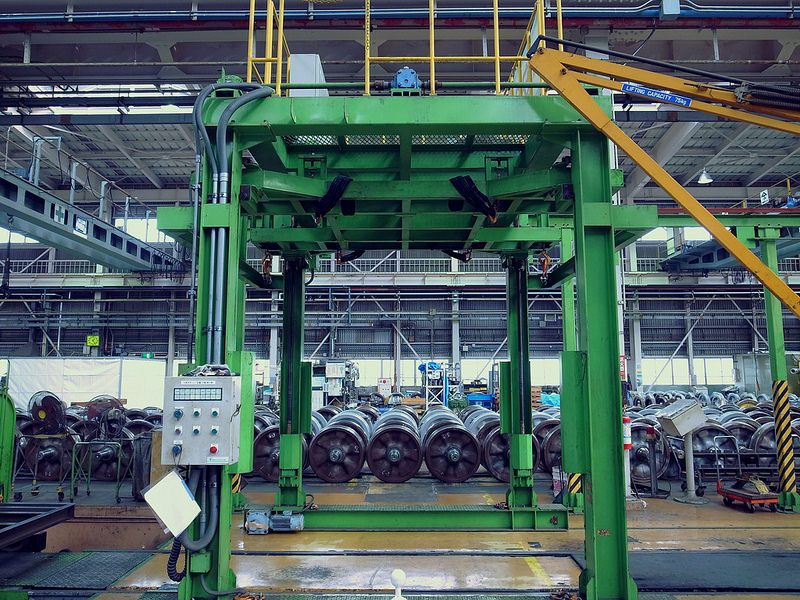LATEST BUSINESS STUDIES NOTES
Highlight four factors a firm must take into account when deciding on the product(s) to produce19/3/2021 Highlight four factors a firm must take into account when deciding on the product(s) to produce. (4 mks)
0 Comments
WHAT IS PRODUCTION?It can be defined as the creation of goods and services or increasing their usefulness to become more satisfying. Production activities include transforming raw materials into finished products, transportation and storage. Goods and services produced must have utility. There are several types of utility: Types of Utility
Direct and Indirect Productiona. Direct Production This is where goods and services are produced for own consumption rather than for commercial purposes. It is commonly referred to as subsistence and is much more common in rural areas. However, nowadays it is difficult to find someone living purely on this form of production. Characteristics of Direct Production
a. Indirect Production It is the production of goods and services for selling the excess to the market in order to purchase what one needs but doesn’t produce. It thus leads to specialization. Characteristics of Indirect Production
Level of Production and Related Occupationsi. Primary Level This involves extracting the goods from their natural setting. The goods are either used as is or they are processed further to make them more useful. Primary level of production mainly involves mere ‘looking after’ e.g. growing crops where the farmer looks at the crops and nature grows them, or extracting the materials from nature. Examples of primary production include: farming, mining, fishing and lumbering. ii. Secondary level It involves processing raw materials into much more useful products like processing clothes, processing and food canning, manufacturing like furniture making and welding, and construction roads, houses and railways iii. Tertiary level This level deals with production of services. It may be divided into two categories:
Factors of Production and Their RewardsThey are resources necessary for the production process such that without them, production would not be possible. They include: a. Land It refers to all natural e.g. soil, rivers, lakes and climate. Since it is natural, it cannot be increased in quantity, it can only be improved in quality. Land earns rewards to the owners or users in terms of royalty, rent and rates. Characteristics of Land as a Factor of Production
Also referred to as human resource, it requires either human physical effort or mental effort or both. It can be categorized as skilled where skills acquisition is required for one to be productive, semi-skilled where some simple training is needed or unskilled where no training is needed at all. Its reward is salaries and wages. Characteristics of labour as a factor of production
This is also known as producer goods or capital goods and includes all man-made resources used in production of goods and services. It earns interest. Characteristics of Capital as a factor of Production
An entrepreneur organizes all the other factors of production and pays rent for the land, interest for the capital and wages for the labour so as to use them. He/she is the organizer, the manager and the risk taker. His/her reward is the profit. Functions of the entrepreneur:
Division of Labour and SpecializationThis involves breaking down a production process into stages and assigning each stage to an individual or a group of individuals. It was first observed to be productive by a British economist, Adam Smith, who observed that workers in a pin manufacturing factory were much more productive when assigned to specific stages of production. SpecializationThis refers to a situation where one concentrates in production of what he/she produces best and leaves the others to produce the rest. One may for example concentrate on teaching or farming or engineering or treating people. Advantages of division of labour and specialization
Disadvantages of division of labour and specialization
Classification of Goods and Services produced in an economy
|
Business Studies Notes Form 1 - 4
Categories
All
Archives
April 2024
AuthorAtika School Team |
||||||
We Would Love to Have You Visit Soon! |
Hours24 HR Service
|
Telephone0728 450425
|
|
8-4-4 materialsLevels
Subjects
|
cbc materialsE.C.D.E
Lower Primary
Upper Primary
Lower Secondary
Upper Secondary
|
teacher support
Other Blogs
|


 RSS Feed
RSS Feed